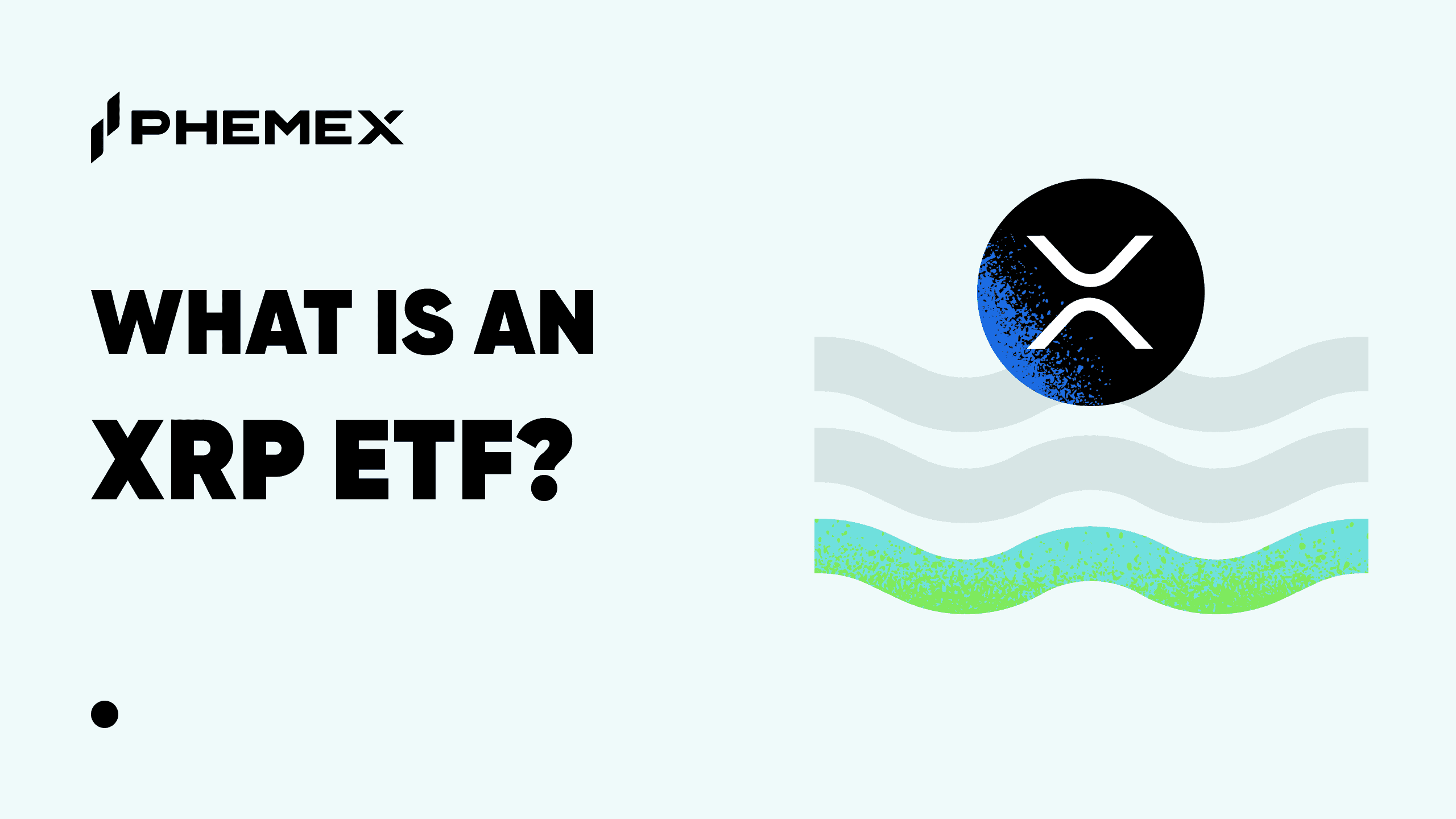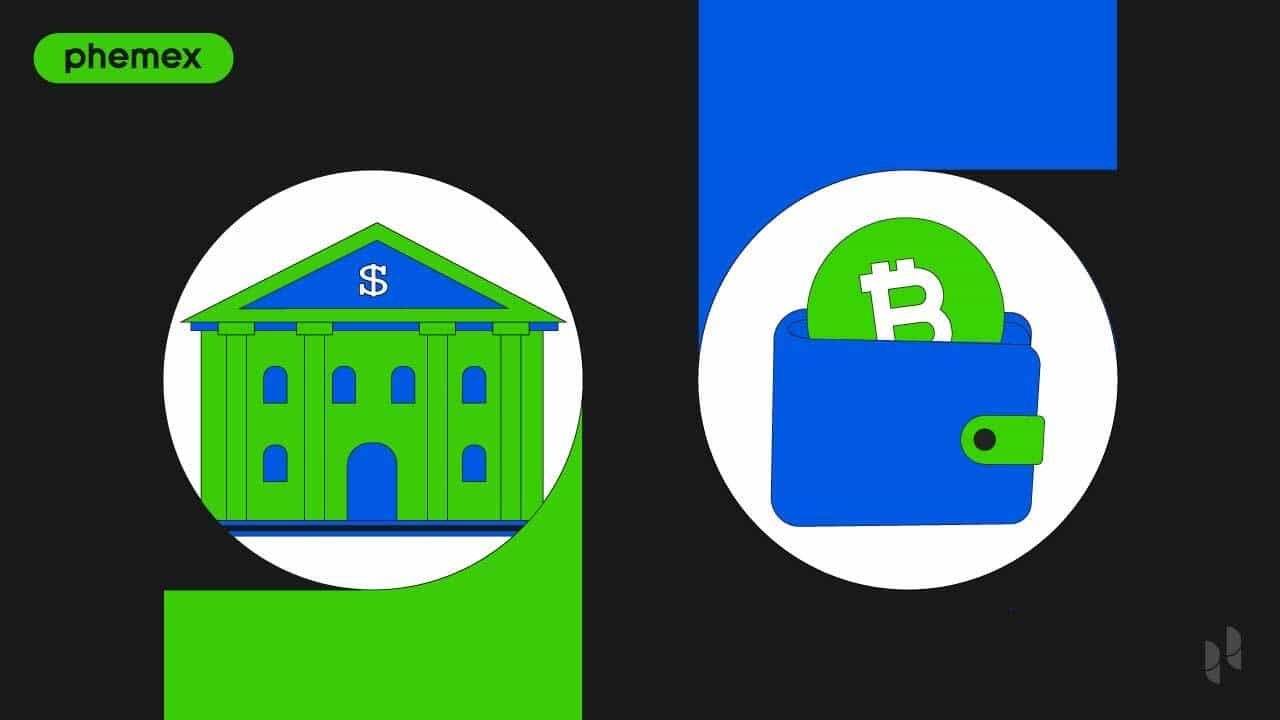It’s been over 15 years since Satoshi Nakamoto first published the Bitcoin whitepaper and catalyzed the blockchain industry as we know it. Despite the volatility, naysayers, and scams that have persisted throughout their history, cryptocurrencies today are finally being viewed as a legitimate alternative investment asset class. After all, leading financial institutions like Blackrock and Fidelity are running spot ETFs on the biggest cryptos Bitcoin and Ethereum, and the new U.S. president is the first openly pro-crypto president in history. Therefore all traders would benefit from analyzing and comparing crypto performance to that of other investment assets in traditional finance, in order to aid their decision-making. Cryptocurrency prices occasionally seem to move in tandem with major stock indices, while at other times, they show no apparent correlation. How closely are cryptocurrency and stock markets connected, and what factors influence this relationship?

History of Correlation between Crypto and Stocks
For much of Bitcoin's history, BTC prices seemed largely uncorrelated with major asset classes including stocks and gold. Precious metals like gold and silver also often moved inversely to stock markets. Some speculated that BTC might serve as a "safe haven" asset during global economic crises. However, from 2009 to the onset of the Covid-19 pandemic in 2020, stock markets experienced nearly uninterrupted growth, so it remains to be seen how crypto would actually perform during a major economic depression.
When stock markets crashed in March 2020 at the start of the pandemic, BTC defied expectations by moving almost in tandem with stocks. Bitcoin lost over 50% of its value in just two days, but then would skyrocket throughout the 2021 bull run. Over the next two to three years, Bitcoin's correlation with major stock indices remained relatively high, with some exceptions. For instance, the collapse of FTX in late 2022 caused crypto markets to diverge sharply from traditional markets.
Interestingly, Bitcoin decoupled from stock prices in 2023, showing a notable decrease in correlation. However, the correlation rose again during the 2024 rally, spurred by the approval of multiple Bitcoin ETFs in the US. This lack of a consistent long-term pattern highlights the evolving and relatively unpredictable nature of cryptocurrencies. After all, the crypto space is often driven by narratives so the hottest projects might be resistant to industry-wide dumping and greatly outperform the majority of other tokens.
Factors Impacting Stock and Crypto Correlation
Macroeconomic Influences - Stock prices are heavily influenced by macroeconomic factors such as rising energy costs, supply chain disruptions, and shifts in monetary policy. Surprisingly, major cryptos can also be impacted by these same elements. For example, Bitcoin mining relies on electricity, and while the relationship between mining costs and Bitcoin’s price is complicated, they do exhibit some level of correlation.
Monetary policy changes like interest rate adjustments can also impact traditional markets and crypto. Lower rates lead to reduced costs of borrowing so money supply should theoretically increase, contributing to greater inflation. In contrast, Bitcoin is considered by many to be a hedge against systematic inflation due to its limited supply. As crypto becomes increasingly integrated into mainstream financial systems, these macroeconomic factors are likely to exert a stronger influence. For instance, the success of Bitcoin and Ethereum ETFs have expanded the overlap in investor groups between traditional and crypto markets, possibly leading to greater long-term correlation between the two.

Supply and Demand Dynamics - Like any asset, prices of crypto and stocks alike are driven by supply and demand. However, the mechanisms driving supply differ between the two markets. Companies can adjust the circulating supply of their stock through actions like buybacks or issuing new shares. Conversely, Bitcoin’s supply is fixed, and its issuance is governed by the halving which occurs roughly every four years. Other tokens like Ethereum have their own emissions and minting criteria. The diversity and irregularity of crypto supply creation may disrupt any perceived correlation between Bitcoin and stock markets, as they can lead to unique price movements in response to the suddenly increased or reduced supply of a particular crypto token.
Market Integration - Bitcoin's increasing acceptance among mainstream investors has led to greater integration with traditional financial markets, potentially strengthening its correlation with them. One prominent example is Microstrategy, which as a publicly traded company with a listed stock, holds substantial Bitcoin reserves on their balance sheets. As Bitcoin's price rises, the valuation of these companies also increases, fostering a positive correlation.

Looking Ahead in 2025
Since Donald Trump's U.S. presidential election victory on November 5, 2024, Bitcoin has surged by approximately 47% which significantly outpaces the S&P 500's 4% gain. Indeed, Trump marks a noticeable shift from the U.S. executive branch with regards to cryptocurrency policy. He has already replaced the SEC chairman and promises pro-business policies such as deregulation and corporate tax breaks, which bodes well for traditional stocks. Moreover, his perceived alliance with Elon Musk and the tech sector interest group may mean his positive stance on transformative technologies like blockchain will remain for his entire 4-year term. Recently, Bitcoin and the S&P 500 have started to move in closer alignment, with their correlation reaching 0.88 on the latest 20-day moving average, according to TradingView data.







